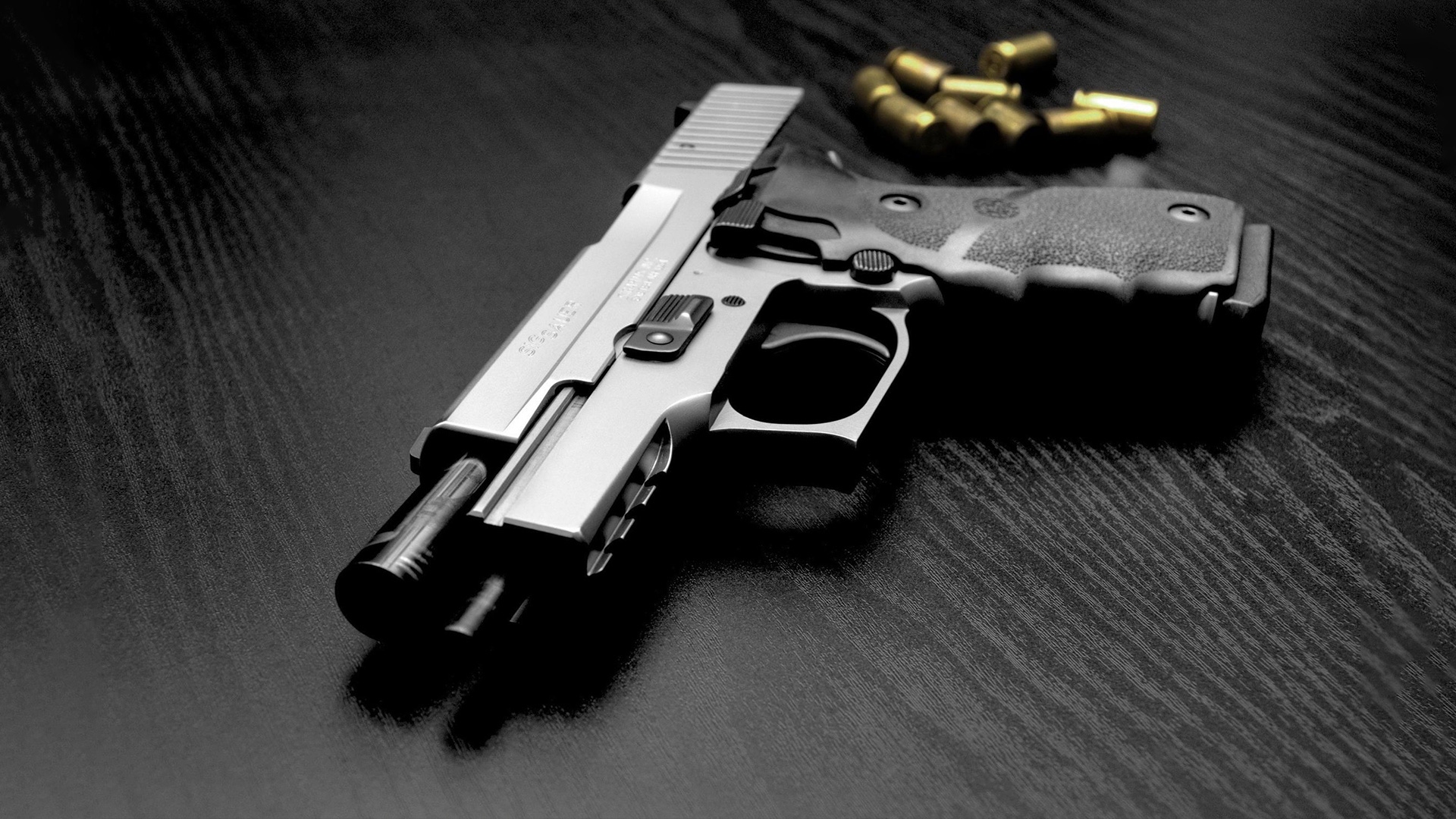Judge hears arguments challenging New York’s new gun law

A lawyer challenging provisions of New York’s new gun law argued that the state restricts people from carrying weapons in too many places, telling a federal judge Thursday the rules affect not only people on busy Manhattan streets but an upstate pastor on his church’s property.
The argument was made during a hearing before Judge Glenn Suddaby in Syracuse as he decides whether to temporarily order a hold on provisions of the law while the federal challenge to its constitutionality continues.
Gov. Kathy Hochul and fellow Democrats in the Legislature approved the law this summer, shortly after the U.S. Supreme Court struck down a state law that said people had to demonstrate an unusual threat to their safety to get a license to carry a handgun outside their homes.
The wide-ranging state law, approved after the high court’s so-called Bruen decision, includes a long list of “sensitive locations” off-limits as of Sept. 1 for weapons, such as schools, airports, public parks, bars and New York City’s famously bustling Times Square.
“Everyone that could carry lawfully prior to 9/1, Bruen was supposed to expand the Second Amendment. New York took the opposite approach: locked it down tight,” attorney Stephen Stamboulieh argued.
Stamboulieh is representing six gun owners from upstate New York, including a pastor in Oswego County who has had a carry permit since 2014. The lawsuit claims the new law, which defines places of worship as sensitive locations, makes it illegal for Pastor Joseph Mann to be armed at church and the connected parsonage where he lives.
James Thompson of the state attorney general’s office suggested that whether a church parsonage counts as a sensitive location is an open legal question.
When Suddaby then asked his whether the state could bar Mann from carrying a weapon into his church, Thompson replied: “I think there is a deep historical tradition of prohibiting guns in houses of worship in the United States.”
The lawsuit also is challenging training requirements for new concealed carry applicants that requires them to turn over a list of former and current social media accounts for the last three years.
Suddaby will decide whether to issue a temporary restraining order on provisions of the law. There are several federal lawsuits pending against New York’s gun law. But Suddaby has already pointed out potential constitutional issues with the new law in ruling on a previous lawsuit, which was dismissed because plaintiffs were found to lack standing.
Most of the plaintiffs in this lawsuit have licenses to carry and argue the law keeps them bringing weapons to designated sensitive or restricted places, like state parks. One plaintiff intends to apply for a carry permit but is unwilling to share social media posts or share character references with the government, according to the federal complaint.
New York is among a half-dozen states that had provisions of their gun laws invalidated by the Supreme Court.